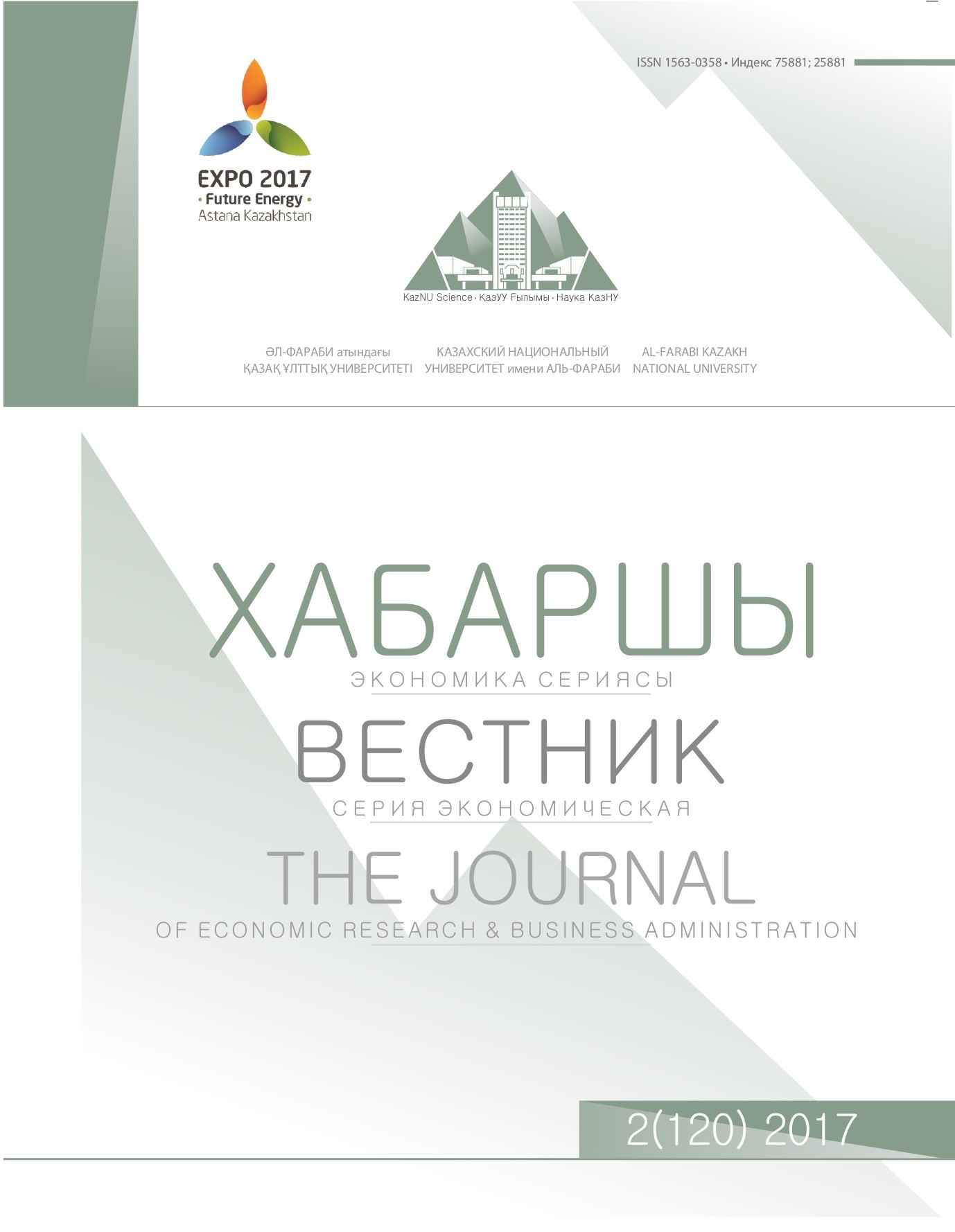Theoretical approaches to the determination of tax potential
Аннотация
Tax capacity is one of the most important economic categories of tax planning process. It allows to
fairly assess revenue opportunities of the budget, region’s security with own financial resources. Assessment
of tax capacity is an essential tool for competent tax planning and budget process, since correct
assessment of tax potential reveals a real need for additional funding in the region and identifies the reserves
of tax revenue growth. In crisis economic conditions when there is a decline in budget revenues,
in prices for major exports, when there is a downtrend in business activity, reasonable and adequate
assessment of economic unit`s tax potential becomes particularly relevant. Before assessing the tax
potential of the region, it is necessary to identify the nature of this category, determine the basis for the
formation of tax potential and formulate a definition of tax potential. The article deals with three main
theoretical approaches to the determination of tax potential, their main advantages and disadvantages.
According to a review of three theoretical approaches to the determination of tax potential there have
been chosen one, the most appropriate approach, on the basis of which direct tax capacity assessment
will be implemented.













